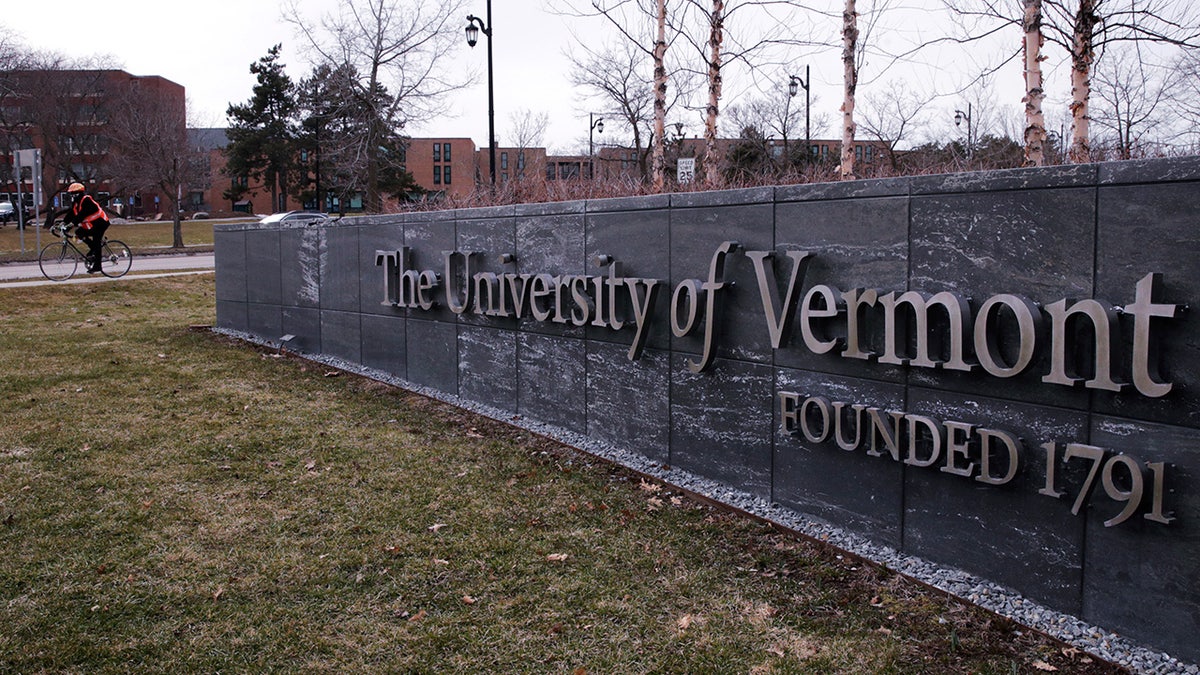Supreme Court gives school choice a victory by striking down state ban on taxpayer funds for religious schools
Becket Law VP and Executive Director Montse Alvarado breaks down the case out of Montana.
Vermont's top education official has informed school districts in the state that they cannot withhold public tuition money to religious schools, citing a recent Supreme Court case.
In a 6-3 decision that came down on ideological lines in June, the Supreme Court ruled in Carson v. Makin that the state of Maine had violated the free exercise of religion clause in the First Amendment for religious schools by exempting them from their tuition assistance program.
One of the court's liberal justices, Justice Sotomayor, blasted it as "dismantling" the separation of church and state. Chief Justice John Roberts, meanwhile, accused the state of discriminating against religion.
"There is nothing neutral about Maine’s program," Roberts wrote. "The State pays tuition for certain students at private schools — so long as the schools are not religious. That is discrimination against religion."

A bicyclist is seen on the campus of the University of Vermont in Burlington, Vt., Wednesday, March 11, 2020. (AP Photo/Charles Krupa) (The Associated Press)
"In light of the U.S. Supreme Court’s decision in Carson v. Makin, we are writing to advise you of the following: School districts may not deny tuition payments to religious approved independent schools or religious independent schools that meet educational quality standards based on the Vermont Constitution’s Compelled Support Clause, Vermont Constitution Chapter I, Article 3," Dan French, Vermont’s secretary of education, told school superintendents in a letter on Tuesday.
"Requests for tuition payments for resident students to approved independent religious schools or religious independent schools that meet educational quality standards must be treated the same as requests for tuition payments to secular approved independent schools or secular independent schools that meet educational quality standards," he continued.

A police officer maintains a watch during a demonstration by victims of gun violence in front of the Supreme Court. A helicopter landed near the building Friday after someone tried lighting himself on fire. (Joshua Roberts)
Perhaps sensing critics would cite the provision, French preemptively noted in the letter that public school districts could not withhold tuition funds to religious schools based on Vermont's "compelled support clause," which prohibits Vermonters from being forced to support a religion that they do not practice or that is "contrary to the dictates of conscience."
Peter Teachout, a constitutional law professor at Vermont Law School, said the education agency's decision violated the provision.
"I don’t know who is responsible for providing the (Agency of Education) with legal and constitutional advice, but I think that advising local school districts to violate a key provision in the Vermont constitution without at least exploring whether that is required by the Supreme Court decision in the Carson case, and without exploring options available for complying with both that decision and with the Vermont constitution, is deeply problematical," Teachout said in an email to the outlet VTDigger.
The Vermont Agency of Education explained in a statement to Fox News Digital that the settlements of the cases A.H. v. French and E.W. v. French paved the way for the announcement. The latter case involved two high school students, their parents, and the Roman Catholic Diocese of Burlington who filed a federal lawsuit against Vermont officials for discriminating against students and denying them a tuition benefit because they attend a religious high school.
"The U.S. Supreme Court’s decision in Carson v. Makin over the summer, led parties in Vermont’s cases, A.H. v. French and E.W. v. French, to reach settlement," Suzanne Sprague, a spokesperson for the Vermont Agency of Education, told Fox News Digital. "This allows tuition paying school districts to move forward with clarity, understanding that they must pay tuition to all approved independent schools regardless of religious affiliation."

Panoramic of the Vermont State House on State Street in Montpelier, Vermont (iStock)
Vermont educators predicted the Court case will have a "significant" impact on the state's education.
"‘Significant’ is an understatement," Jared Carter, a professor at Vermont Law School, said.
Many towns in Vermont are not large enough to operate their own public schools, so the state offers families public money to send their children to public and private schools elsewhere.

